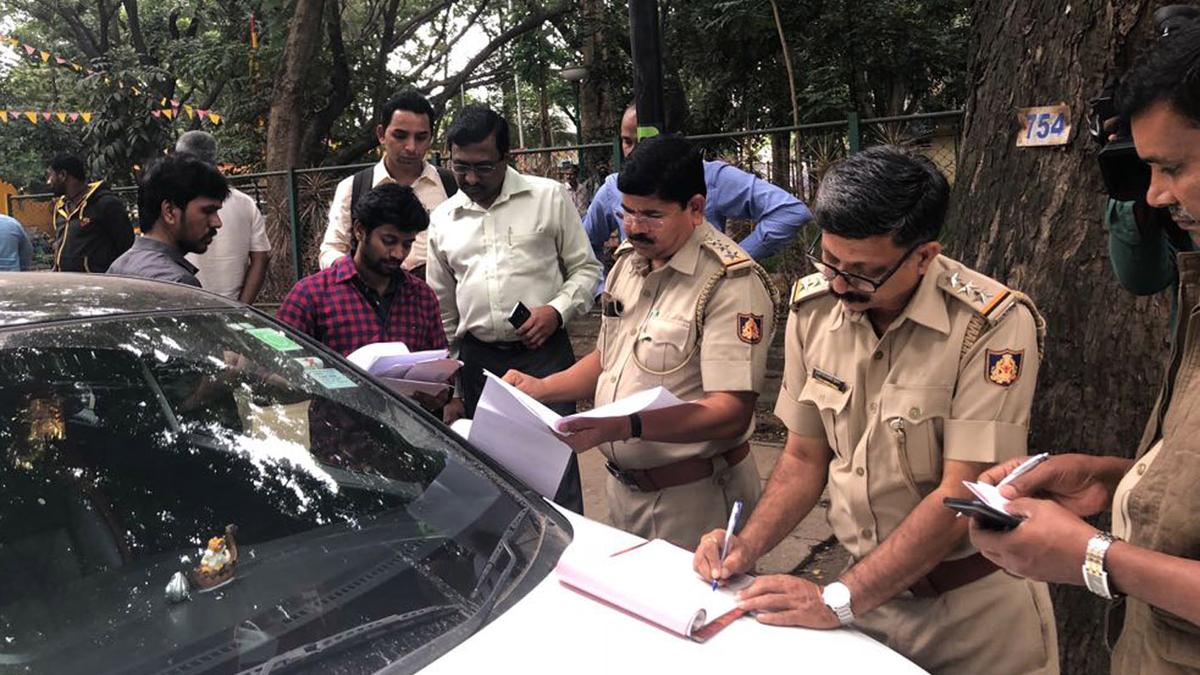
Karnataka to likely enforce cess on vehicle registrations from February
The Hindu
From February, vehicle buyers in Karnataka may have to pay an additional cess of ₹500 for two-wheelers and ₹1,000 for cars during registration. This follows the passing of the Karnataka Motor Vehicles Taxation (Second Amendment) Bill, 2024, in the Legislative Assembly last December.
From February, vehicle buyers in Karnataka may have to pay an additional cess of ₹500 for two-wheelers and ₹1,000 for cars during registration. This follows the passing of the Karnataka Motor Vehicles Taxation (Second Amendment) Bill, 2024, in the Legislative Assembly last December.
The amendment to the Karnataka Motor Vehicles Taxation Act, 1957, introduces this cess to create a dedicated welfare fund for workers in the transport industry, to address their social security and welfare needs.
The State government brought in the Karnataka Motor Transport and Other Allied Workers’ Social Security and Welfare Act, 2024, in March 2024, and set up a welfare board which will operate the welfare fund. The cess amount will be credited to this fund. This will work on the lines of the Karnataka Building And Other Construction Workers Welfare Fund, financed by a similar cess imposed on construction activities.
Transport Department officials said that there are plans to implement the cess starting this February. “The department is preparing to enforce this new regulation from February. It is expected to generate a revenue of ₹300 crore annually,” said a senior Transport Department official.
The transport sector in Karnataka employs approximately 30 lakh people, including drivers, mechanics, and other associated staff. “This cess will provide a permanent source of funding for the welfare of transport workers. We have also set up a board to oversee their well-being,” said Transport Minister Ramalinga Reddy.
The announcement has elicited mixed reactions. While some see the move as necessary for supporting transport workers, others have expressed concerns about the additional financial burden.
“It’s a good initiative to support transport workers, but vehicle costs are already high owing to taxes and insurance. This cess will further strain our budgets,” said Naveen Kumar, a Rajajinagar resident who recently purchased a car.













